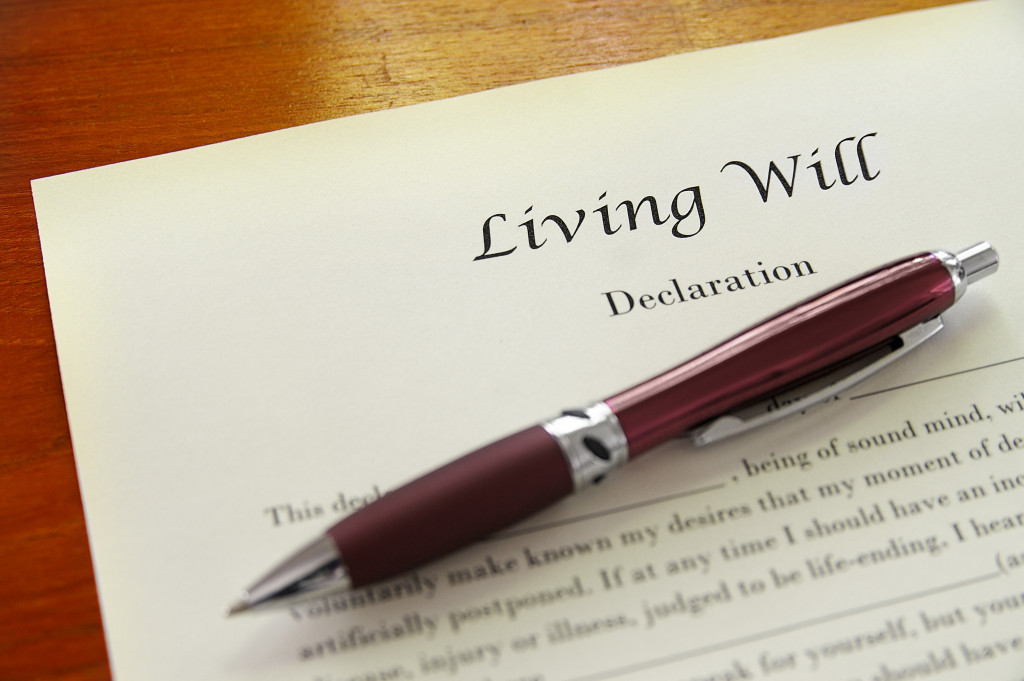It’s apparent that we are now living in a time of uncertainty. The COVID-19 crisis has posed a threat to the health and lives of people since its outbreak last year. One may not know if they will become seriously ill or will eventually pass away. Given the pandemic, it can be hard to foresee what lies ahead. Even if this crisis comes to an end, the future is still uncertain.
As such, the best course of action is to come in prepared and ready for future possibilities. One way to do so is to have estate planning amidst the pandemic. The COVID-19 crisis has led to the increased demand for writing wills. The same is true for legal queries about advanced medical directives.
Let’s take a look at the importance of estate planning in light of the COVID-19 pandemic. Keep on reading to learn more about the different documents one must secure.
Estate Planning in a Nutshell
For the uninitiated, estate planning entails the preparation for handling assets if someone dies or becomes incapacitated. It involves the preservation, management, and distribution of these assets after death or incapacitation. These assets include residential properties, vehicle ownership, financial investments, financial liabilities, life insurance, and pensions, among others.
For the most part, estate planning includes writing a will, designating a health care surrogate, and setting up a living trust. The goal is to preserve family wealth, provide for surviving the spouse and children, finance education, and cover other financial obligations. To ensure the legalities of estate planning, hire an elder care attorney or an estate planning lawyer.
Coming up with Advance Medical Directives
An advance medical directive involves writing wishes for critical medical care if one can no longer decide for themselves in the future. With this in place, one can still make future health care decisions without outside influence. Below are two estate planning documents to consider:
- Healthcare power of attorney: This advance directive type allows one to designate a health care surrogate. The designated surrogate will be responsible for making medical decisions if someone can no longer decide for themselves.
- Living will: This advance directive type covers instructions on end-of-life medical treatments. These include a person’s wish regarding the use of life support or a declaration of one’s desire to have a natural death.
Setting Testamentary Documents in place

Individuals should set testamentary documents in place. In the event of death, a person puts everything in place so that they won’t burden their loved ones. Below are two testamentary documents to consider:
- Last will and testament: A will expresses a person’s wishes regarding their distribution of assets and the care of minor children. One must designate an executor who will manage the probate process and oversee the distribution of assets. The legal process also allows a person to name a guardian for their children if they pass away.
- Revocable living trust: As the name suggests, a living trust is created and honored while the person is still alive. While a Will is honored after a death, a living trust becomes effective immediately. It involves the management of a person’s assets while they are still alive. Upon their death, the Trust beneficiaries will legally receive the Trust assets.
The Need to Revisit the Estate Planning Documents
During this COVID-19 pandemic, it’s imperative to set estate planning in place. One may consider having advance medical directives and testamentary documents, as discussed above. Securing estate planning documents is all the more necessary for older people, disabled ones, and those with underlying health conditions. But even young ones should consider estate planning early on due to uncertainties such as the COVID-19 pandemic.
But if one already has an estate plan, it’s crucial to revisit the documents to see if they still best represent one’s wishes. If not, it’s imperative to make some necessary adjustments. One must ensure that the wishes reflect the current goals. Ultimately, it’s best to work with an estate planning attorney to know how to proceed with this legally.
Estate Planning amid the COVID-19 Pandemic
Setting estate planning in place is crucial during the COVID-19 pandemic. Individuals may not know if they will be seriously ill, become incapacitated, or unexpectedly die amidst the global health crisis. As much as possible, they must plan on how their assets will be preserved, managed, and distributed. Doing so will give one the utmost peace of mind, knowing that their medical care and wealth will be protected and secured for the benefit of their loved ones.
